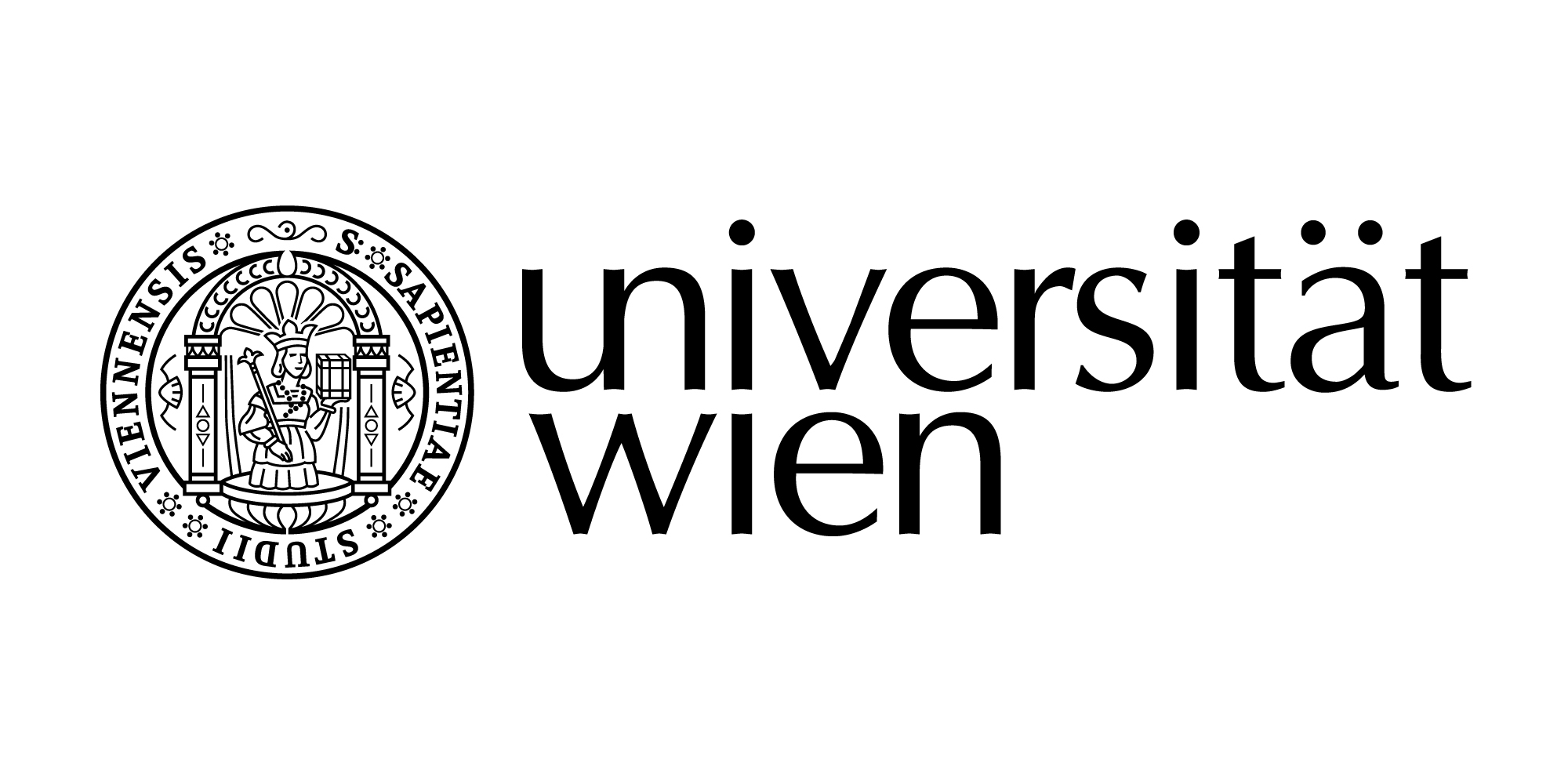
The ‘Sovereignty Protection Office’: Hungary’s Guard Against Journalistic and Civic Scrutiny
Hungary’s Sovereignty Protection Office was created in late 2023 by the Sovereignty Protection Act. While governing Fidesz politicians gave contradictory explanations as to who would be within the scope of the Office and what the exact goal of its establishment is, it quickly became clear that it is another tool to suppress civil society. The Sovereignty Protection Office’s vague and broadly worded investigations, without any procedural rules, are used arbitrarily and for political purposes against investigative journalists and civil society organizations. And apparently, they can be used against anyone the Office considers a ‘threat to national sovereignty.’
From the Office’s side, there will be enough human and financial resources to do all this work. The Sovereignty Protection Office is generously staffed with over 110 people, and the top leadership earns well over ministers. To lend the Office a hand, a background institute was also established for it, called the Sovereignty Protection Research Institute, headed by a former Communist state agent, József Horváth.
“We want to nettle left-wing journalists, fake civilians, and ‘dollarpoliticians,’” said Fidesz’s parliamentary group leader Máté Kocsis about the goal of the Sovereignty Protection Act, which established the Office. Then-Minister of Justice, Judit Varga, stated the intention to target the ‘servants of foreign interests,’ big international NGOs, and mainstream progressive media, which allegedly were trying to undermine Hungarian advocacy. However, the Act is opaquely worded, and it remains unclear what exactly counts as ‘foreign funding,’ what ‘representing foreign interests,’ spreading ‘disinformation,’ and ‘lobbying’ mean.
Silencing Dissent: The Vague Mandate of Hungary’s Sovereignty Protection Office
The wording of the Act is deliberately vague, hence, the Office can be used according to political goals against whoever the government’s current interests dictate. It is one more piece of heavy artillery in the propaganda machine, deployed in continuous smear campaigns and adding the element of authority by parroting the coordinated messages of the propaganda empire to vilify independent voices. What the Office clearly can do is to discourage civil society members from partaking in public life, aiming to silence those who do not agree with the government.
The Act creating the Office focuses exclusively on Western soft power and does not consider as a breach of Hungarian sovereignty any of the forms of interference that, for instance, China or Russia typically use. For example, Putin-close hackers hacking the foreign ministry’s networks did not make the Office bat an eye. Currently, Russia has more diplomats and spies stationed in Hungary than in Poland and the Czech Republic combined, while Chinese police officers have been allowed to work in Hungary. These activities, according to the government, visibly pose no threat to Hungary’s national sovereignty. The head of the Office, long-time Orbán loyalist Tamás Lánczi, openly declared that probing potential Russian influence is not a priority.
Instead, the government has started to use the Sovereignty Protection Office against civil society, even though its spokesperson previously claimed that the Act would not concern journalists, only political parties receiving foreign funding. The legal ban on that, however, is nothing new. Under the law on party finances, parties have not been allowed to accept foreign funding since 1989.
Sowing Distrust: The Office’s Tactics Against NGOs in Hungary
The list of the first three organizations against which the Office launched its first “specific – comprehensive – investigations” is rather telling. The first, Transparency International Hungary (TI), an international NGO set up to measure corruption in governments and corporations worldwide, is accused of using foreign funding to “influence the will of the electorate.” The report of the Office concluded that TI “disinforms domestic and international public opinion using the corruption perception index.” Ironically, until 2010, the then-opposition party Fidesz loved to quote the work of TI to highlight the corruption of the governing socialists.
The Office’s investigation of its second target, the investigative portal Átlátszó, concluded that the organization causes significant harm to Hungary and serves U.S. economic and political interests, masking its activity with “transparency” and “anti-corruption work.”
The third target, Göd-ÉRT Association, is a small NGO fighting against the local environment-damaging activities of the battery factory of Göd. This investigation has not concluded yet, but based on the previous two, little surprise is to be expected.
What happens to the targeted organizations? Is this just a report? The beauty of illiberalism is that no one really knows. Although the Office has no legal authority to impose sanctions or fines, it can initiate infringement or criminal proceedings with the competent authorities. Also, this might quickly change: the Sovereignty Protection Act was adopted in barely 3 weeks. Fidesz-KDNP has a constitutional majority in Parliament, and the country has been governed by decree for years (currently under the pretext of the war in Ukraine). Additionally, there is no legal remedy against the decisions of the Office.
Currently, the investigations and reports of the Office are being used for smear campaigns against these organizations. Besides being a propaganda tool, the key goal of the Office’s harassment of CSOs is to create new administrative burdens for them, so that they would have to dedicate extra working hours to complying with the requests. Most data for the 62-question-long questionnaire, for instance, sent to the targeted Átlátszó, was already available on their website, the organization stated. It shows that the Office aims predominantly to render the life of organizations more difficult and to provide ammunition for the propaganda. As Veronika Móra, the leader of Ökotárs Foundation, the victim of the government’s first anti-NGO police raid ten years ago, summarized, the smear campaigns target the big civil society organizations but exhaust the small ones.
Other independent voices cannot expect much good from the Office either. Based on their recent report, in which they label as “pro-war” those who voiced opinions differing from that of governmental propaganda, it is anticipated that the Office and its background institute are going to carry out smear campaigns against independent editorials, organizations, and experts. The governmental propaganda already uses made-up terms to label those who dare to disagree, such as ‘dollarleftwing’ (dollárbaloldal), ‘dollarmaid’ (dollárcseléd), ‘dollarmedia’ (dollármédia), and ‘dollarexpert’ (dollárszakértő).
Hungary’s Sovereignty Protection Act: Swift Criticism, Lingering Consequences
The Sovereignty Protection Act has been sharply criticized by the European Parliament, the United States, the Venice Commission, and numerous Hungarian independent media outlets and civil society organizations. In February, the European Commission launched an infringement procedure against Hungary for the Act, and on October 3 it filed a case at the European Court of Justice. Yet, the Commission did not request interim measures to suspend the Act, which means that at least until the judgment (expected in about 2 years), the Sovereignty Protection Office can freely harass and smear CSOs, journalists, and government-critical voices.


